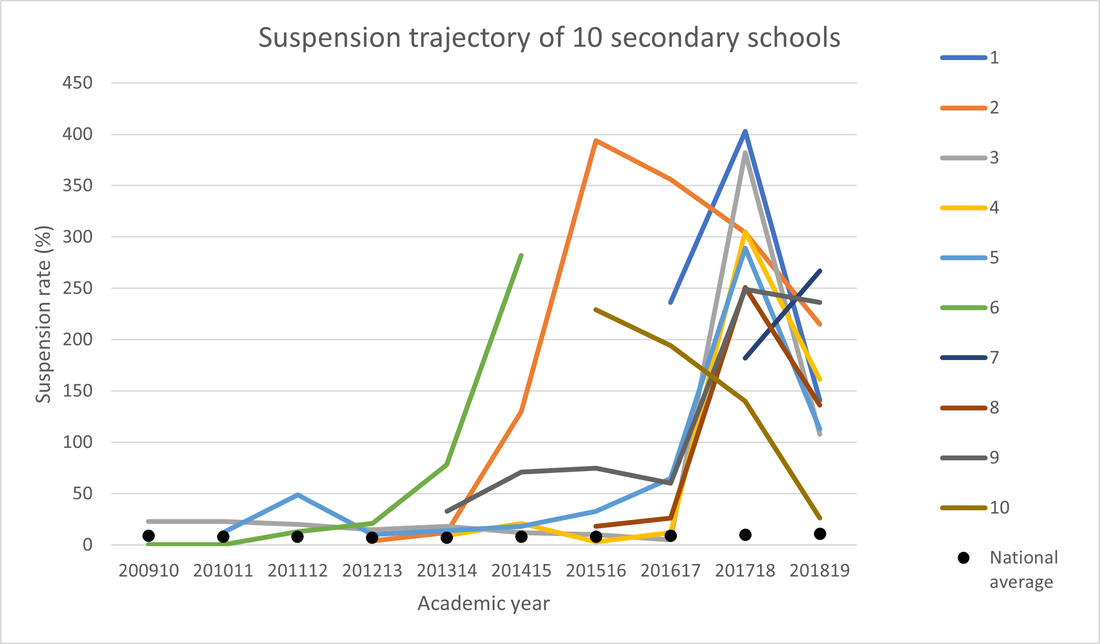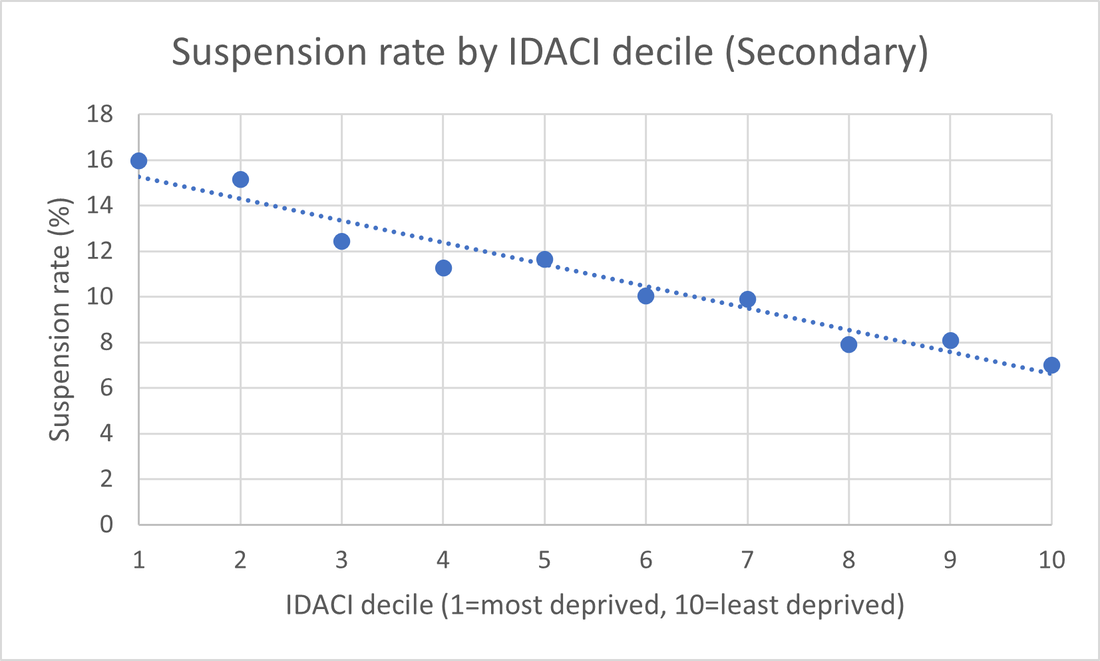Privacy policy
This privacy policy sets out how Expecto Patronum Consultancy uses and protects your information.
1. Collection of information
1.1 Data can be collected and processed during your visit to this website. The following are ways in which this may be collected:
(a) Data regarding your visit(s) to this website and any resources used, which may include but is not limited to: location data, traffic data, and any other communication information.
(b) Data contained in any forms you fill out on our website.
(c) Data collected when you communicate with our staff or our website. Any request you make via our website or to our personnel allows us to use information you have provided us with, relating to the products or services related to EP Consultancy.
1.2 Any data shared online is not completely secure and Expecto Patronum Consultancy cannot guarantee full protection or security, only that we will take all reasonable action to protect information that is shared with us electronically. Sharing such data is at your own risk. Where your information relates to services provided by Expecto Patronum Consultancy, it will be kept for a period of up to five years after your account is closed.
1.3 As per the Data Protection Act 1998, you have access to any of your data or information that we hold in relation to you. If you wish for this information to be released to you, there is a £5.00 administration fee prior to the data release. Please use the email address listed on the website if you wish to request your data.
2. Sharing information
2.1 Expecto Patronum Consultancy will not sell, rent, or share your personal data with any third party for marketing purposes.
3. Marketing Communications
3.1 Expecto Patronum Consultancy may send information regarding products or services that you may be interested in.
3.2 Should you not wish to receive these, an unsubscribe option is attached to these communications, which will prevent you receiving further information regarding products and services. We may still need to contact you for other operational purposes.
4. Third parties
4.1 Where third party links are present on the site, they are responsible for their own privacy policy. Expecto Patronum Consultancy is not responsible for the content or privacy of third party links.
This privacy policy sets out how Expecto Patronum Consultancy uses and protects your information.
1. Collection of information
1.1 Data can be collected and processed during your visit to this website. The following are ways in which this may be collected:
(a) Data regarding your visit(s) to this website and any resources used, which may include but is not limited to: location data, traffic data, and any other communication information.
(b) Data contained in any forms you fill out on our website.
(c) Data collected when you communicate with our staff or our website. Any request you make via our website or to our personnel allows us to use information you have provided us with, relating to the products or services related to EP Consultancy.
1.2 Any data shared online is not completely secure and Expecto Patronum Consultancy cannot guarantee full protection or security, only that we will take all reasonable action to protect information that is shared with us electronically. Sharing such data is at your own risk. Where your information relates to services provided by Expecto Patronum Consultancy, it will be kept for a period of up to five years after your account is closed.
1.3 As per the Data Protection Act 1998, you have access to any of your data or information that we hold in relation to you. If you wish for this information to be released to you, there is a £5.00 administration fee prior to the data release. Please use the email address listed on the website if you wish to request your data.
2. Sharing information
2.1 Expecto Patronum Consultancy will not sell, rent, or share your personal data with any third party for marketing purposes.
3. Marketing Communications
3.1 Expecto Patronum Consultancy may send information regarding products or services that you may be interested in.
3.2 Should you not wish to receive these, an unsubscribe option is attached to these communications, which will prevent you receiving further information regarding products and services. We may still need to contact you for other operational purposes.
4. Third parties
4.1 Where third party links are present on the site, they are responsible for their own privacy policy. Expecto Patronum Consultancy is not responsible for the content or privacy of third party links.
Proudly powered by Weebly




